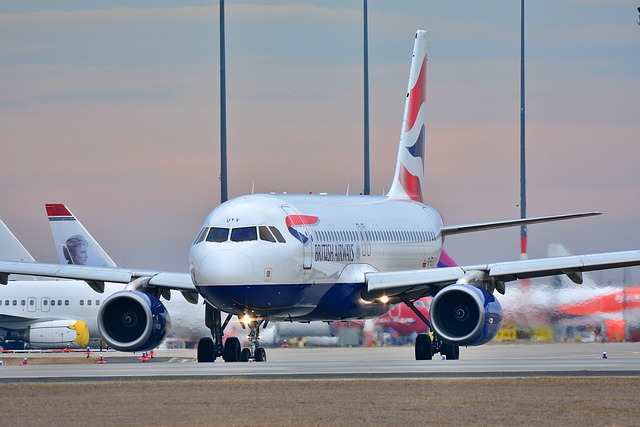Take Your Career to New Heights: A Complete Guide to Aviation Training and Certification
Aviation training opens the door to an exciting career in the skies, offering numerous pathways to become a certified pilot or aviation professional. From private pilot licenses to commercial certifications, proper training ensures you develop the skills, knowledge, and confidence needed to navigate the complex world of aviation safely and effectively.

What Types of Aviation Training Programs Are Available?
The aviation industry offers various training programs to suit different career goals. Private Pilot License (PPL) training provides the foundation for basic aircraft operation, while Commercial Pilot License (CPL) programs prepare you for professional flying careers. Additional specializations include Instrument Rating (IR), Multi-Engine Rating (MER), and Airline Transport Pilot License (ATPL) training. Each program builds upon previous knowledge, creating a clear progression path in aviation education.
How Long Does Aviation Training Typically Take?
Training duration varies depending on the certification level and program intensity. Private pilot certification typically requires 40-60 flight hours and can be completed in 3-6 months with dedicated study. Commercial pilot training usually takes 6-12 months, requiring 250 flight hours. ATP certification, the highest level, demands 1,500 flight hours and several years of experience. Weather conditions, student availability, and learning pace can affect these timeframes.
What Are the Key Requirements for Flight School Enrollment?
To begin flight training in the United States, candidates must:
-
Be at least 17 years old for private pilot training (18 for commercial)
-
Pass an FAA medical examination
-
Be able to read, speak, and understand English
-
Complete ground school training
-
Pass written and practical tests
-
Obtain necessary student pilot certificates
What Skills and Qualifications Will You Gain?
Aviation training provides comprehensive skills including:
-
Aircraft systems and operations
-
Navigation and flight planning
-
Weather interpretation
-
Emergency procedures
-
Radio communications
-
Aeronautical decision-making
-
Flight regulations and air law
-
Crew resource management
What Career Opportunities Exist After Certification?
The aviation industry offers diverse career paths:
-
Commercial airline pilot
-
Corporate pilot
-
Flight instructor
-
Cargo pilot
-
Agricultural pilot
-
Emergency medical services pilot
-
Tour pilot
-
Flight test pilot
What Are the Training Costs and Leading Flight Schools?
| Flight School | Location | Program Types | Estimated Cost Range |
|---|---|---|---|
| ATP Flight School | Multiple US Locations | Zero to Airline Transport Pilot | $85,000 - $95,000 |
| FlightSafety International | Nationwide | Commercial & Type Ratings | $45,000 - $70,000 |
| Epic Flight Academy | New Smyrna Beach, FL | Private to Commercial | $40,000 - $60,000 |
| American Flyers | Multiple Locations | Private to ATP | $50,000 - $80,000 |
Prices, rates, or cost estimates mentioned in this article are based on the latest available information but may change over time. Independent research is advised before making financial decisions.
Aviation training represents a significant investment in your future, but the career opportunities and potential earnings make it worthwhile for many aspiring pilots. Most schools offer financing options, and some airlines provide tuition reimbursement programs. Veterans may qualify for GI Bill benefits to cover training costs.




